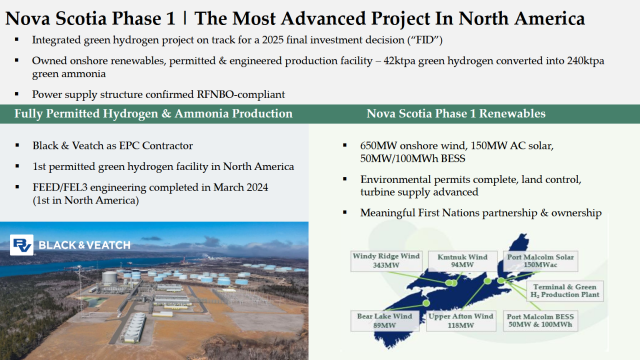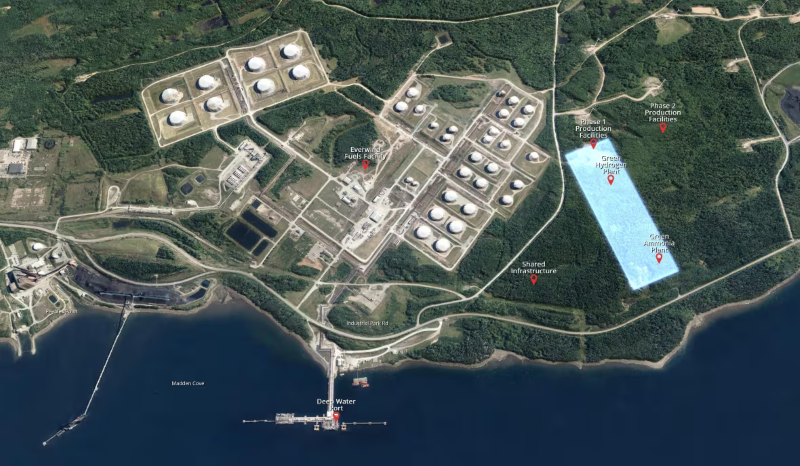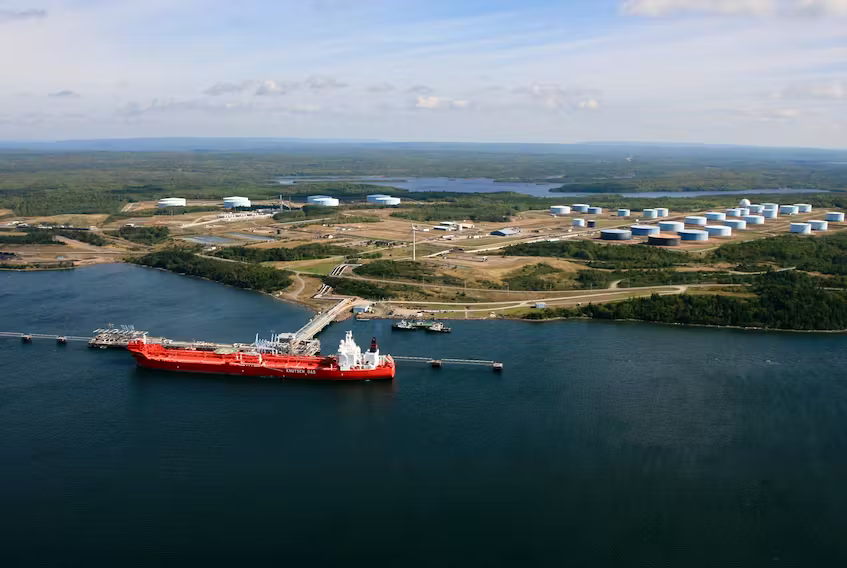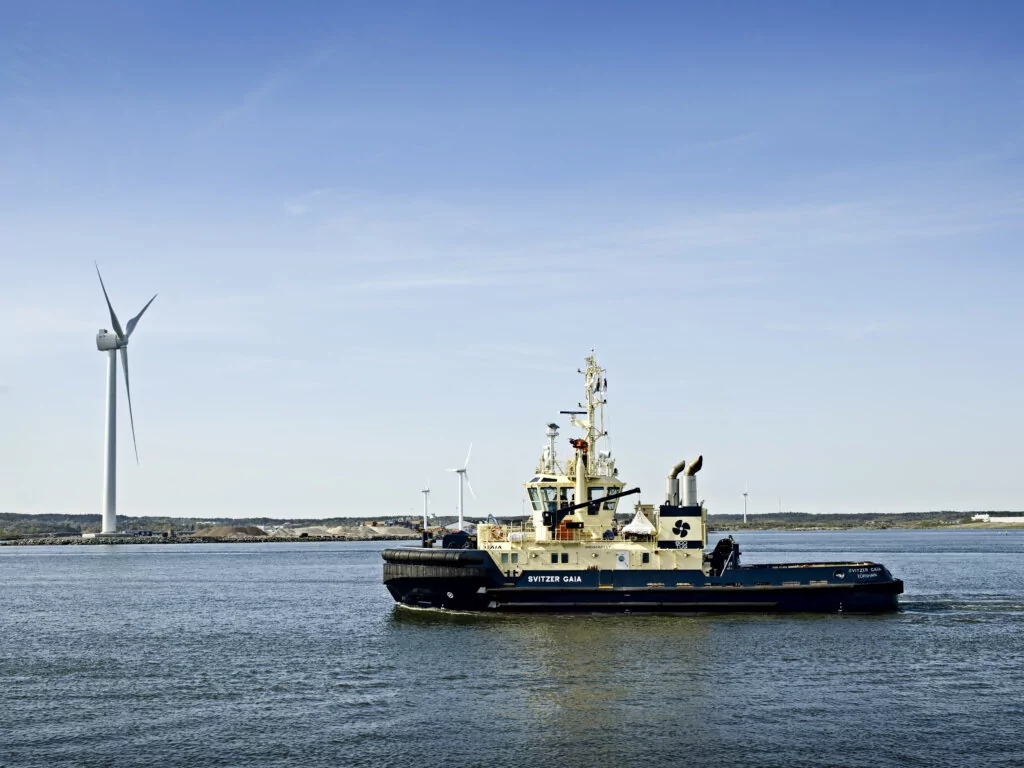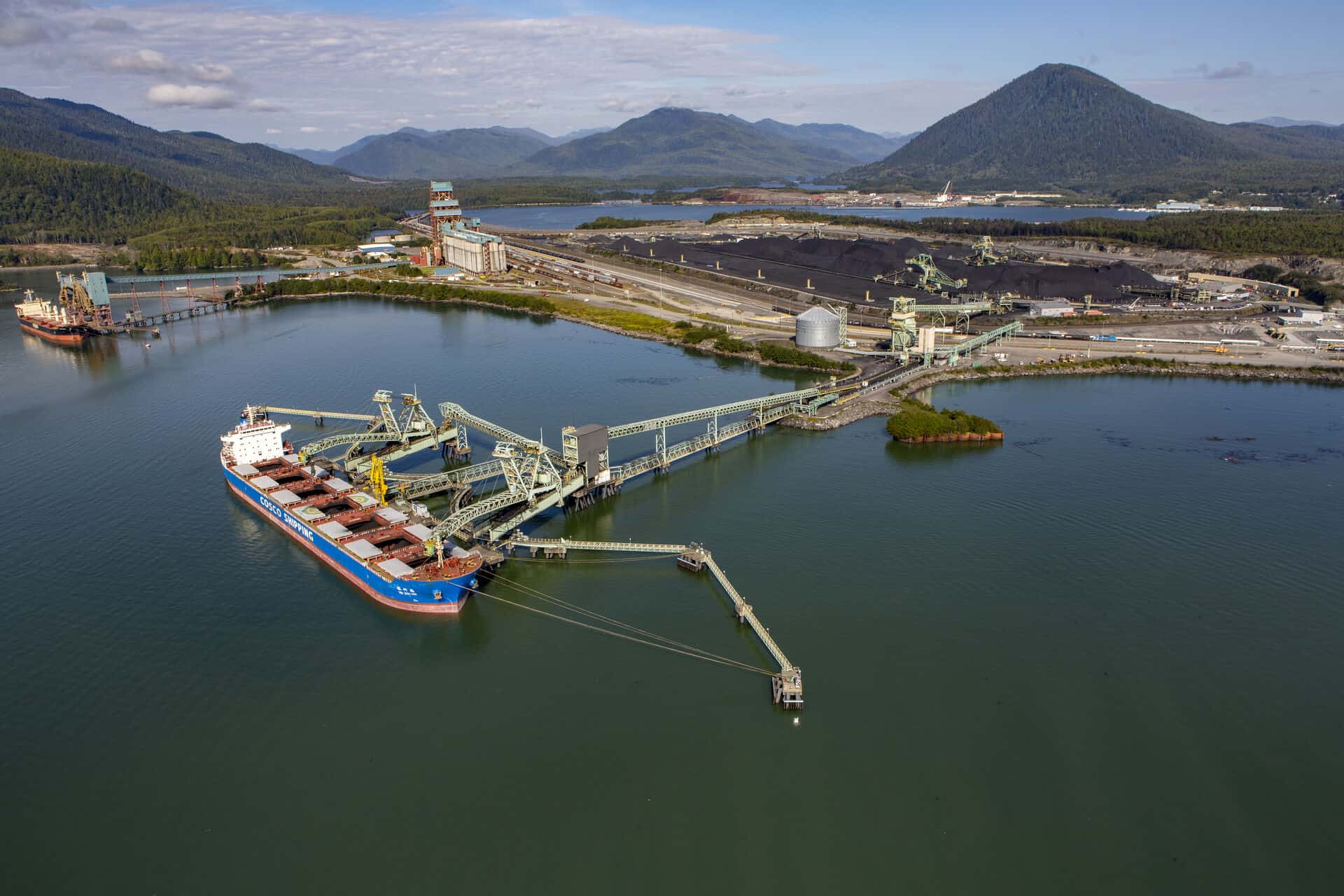
To explore wind-based renewable ammonia production in Nova Scotia and lessons learned from the recently-finished FEED study for the Point Tupper project, EverWind Fuels and Black & Veatch joined Project Features this month. Discussion included a detailed breakdown of the lessons learned designing flexible hydrogen and ammonia production plants.
